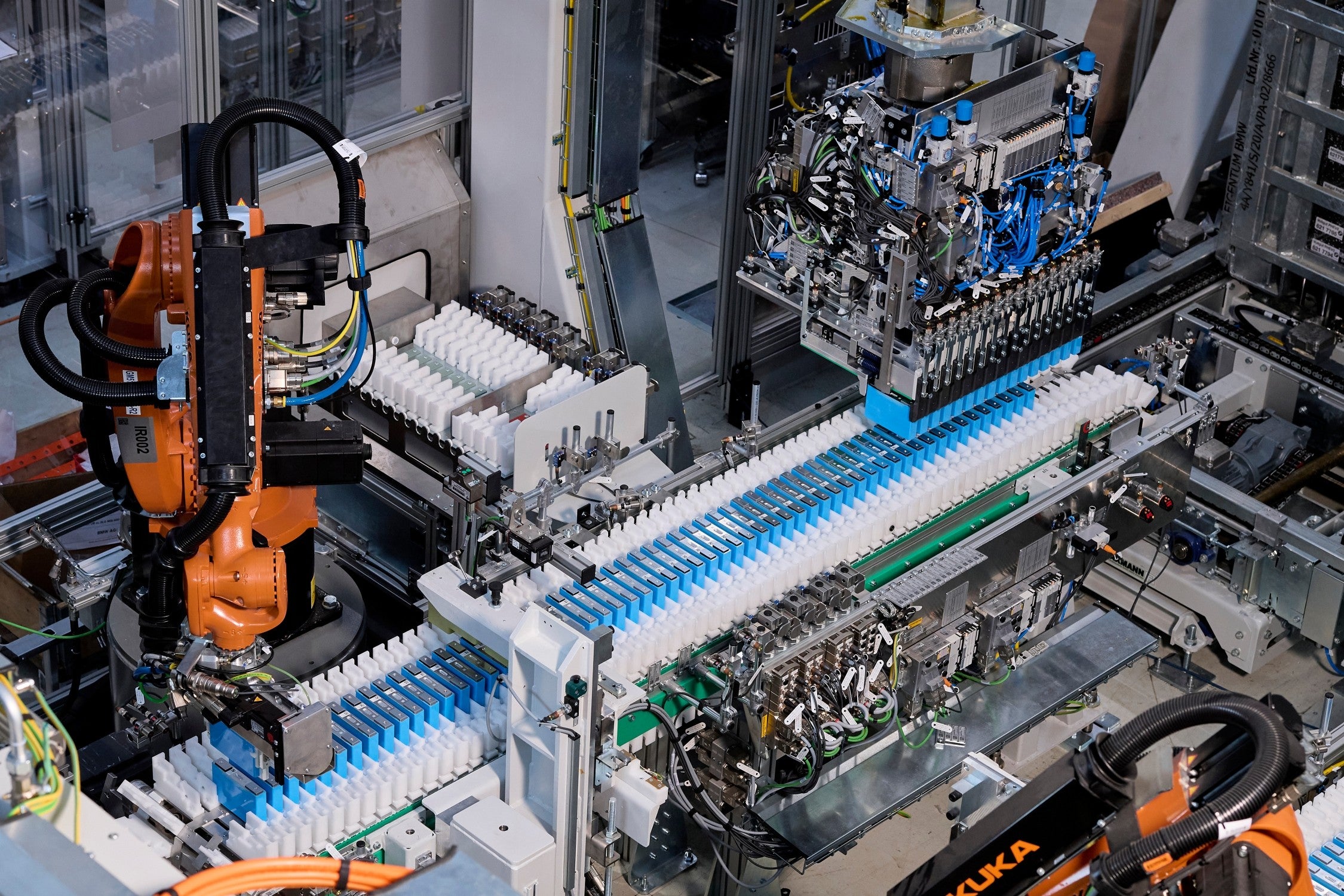
The Thai government has agreed to fund the development and production zinc-ion batteries to power electric vehicles (EVs), according to local reports citing a key executive involved in the project.
National Science and Technology Development Agency (NSTDA) executive director, Janekrishna Kanatharana, said Thailand is looking to develop a local EV battery industry that will make use of the country’s abundance of zinc as a natural resource.

Discover B2B Marketing That Performs
Combine business intelligence and editorial excellence to reach engaged professionals across 36 leading media platforms.
Janekrishna said the government has agreed to provide the NSTDA with THB192m this year to help fund construction of a pilot plant with a production capacity of one megawatt-hour of zinc-ion batteries for use in EVs.
The batteries’ main raw materials will be zinc, manganese oxide and graphene.
Janekrishna said: “It is considered more appropriate for Thailand to manufacture and promote zinc-ion batteries rather than [those] based on lithium which we have to import.”
He suggested zinc-ion batteries also have better safety and stability characteristics compared with lithium-ion batteries and are 90% recyclable. They can also be used in energy storage systems (ESS).
Both state-owned and private companies are keen to invest in commercial production of zinc-ion batteries, according to Janekrishna, to help the local automotive industry reach its EV target of 50% of total vehicle output by 2030.






